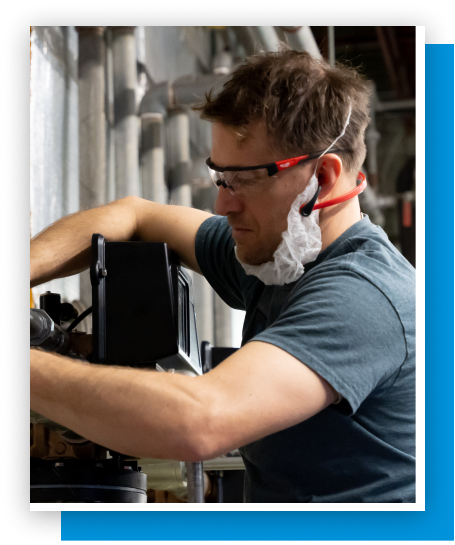It appears that your cart is currently empty

Pharmaceutical & Cosmetics
A high purity water system is essential for pharmaceutical and cosmetic industries to ensure they meet stringent quality standards. Key considerations for pharmaceutical and cosmetic water systems include:
-> Water Quality Testing
Regular testing is crucial to ensure that the water system consistently meets required purity standards.
-> System Validation
Validation of the high-purity water system is essential to demonstrate consistent and proper purification.
-> Design and Material
The system's design should prevent microbial growth and ensure ease of cleaning. Materials such as stainless steel or polypropylene prevent contaminants leaching into the water

-> Maintenance
Regular maintenance and calibration of the system components keep the system in operation.
-> Water Storage and Distribution
Proper storage and distribution prevents re-contamination before use in pharmaceutical or cosmetic processes.
-> Documentation and Record Keeping
Accurate and thorough documentation of all system activities, maintenance, and water quality testing results are crucial for regulatory compliance and audits.
With a well-designed and maintained high purity water system, pharmaceutical and cosmetic industries can ensure the safety, quality, and consistency of their products. AquaNinja is a proud service provider for several leading pharmaceutical and cosmetics manufacturers. Let us know how we can help with your high purity water system.

Contact us
Supporting facilities with the efficient operation of critical high purity water systems in Montréal, Ottawa, and Québec City (and everywhere in-between) .
We look forward to sharing our expertise with you.

